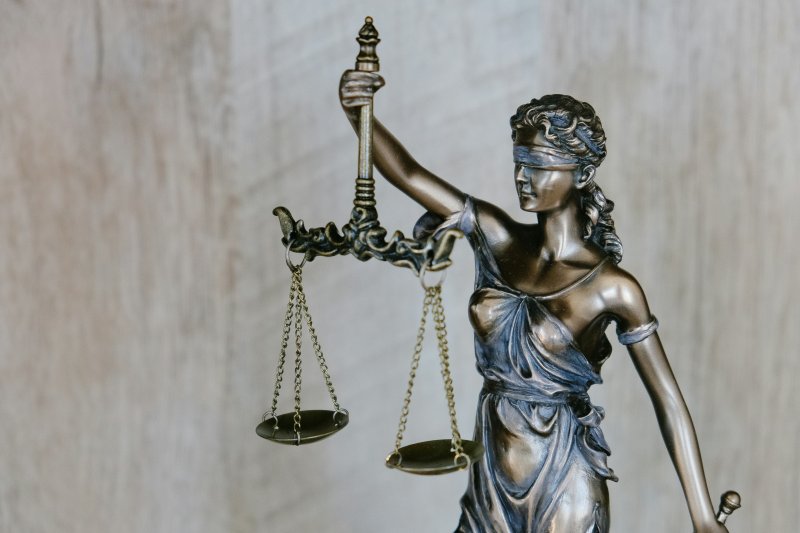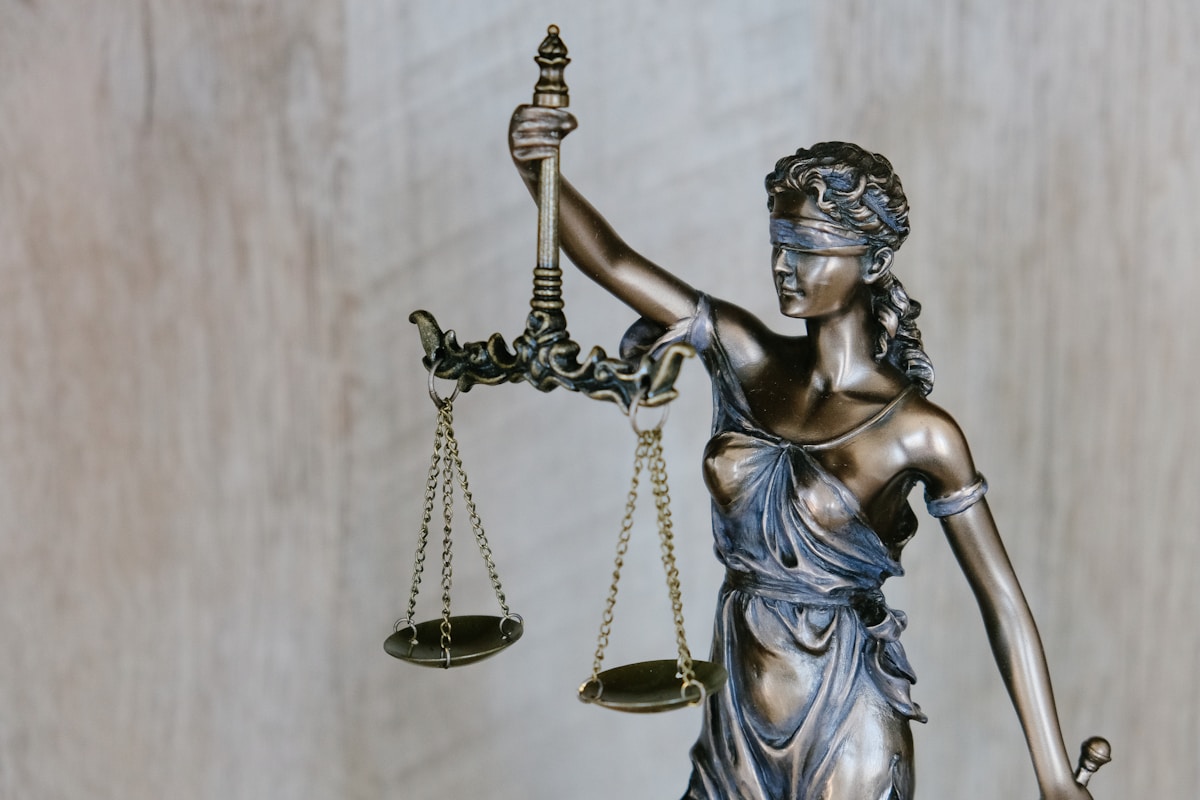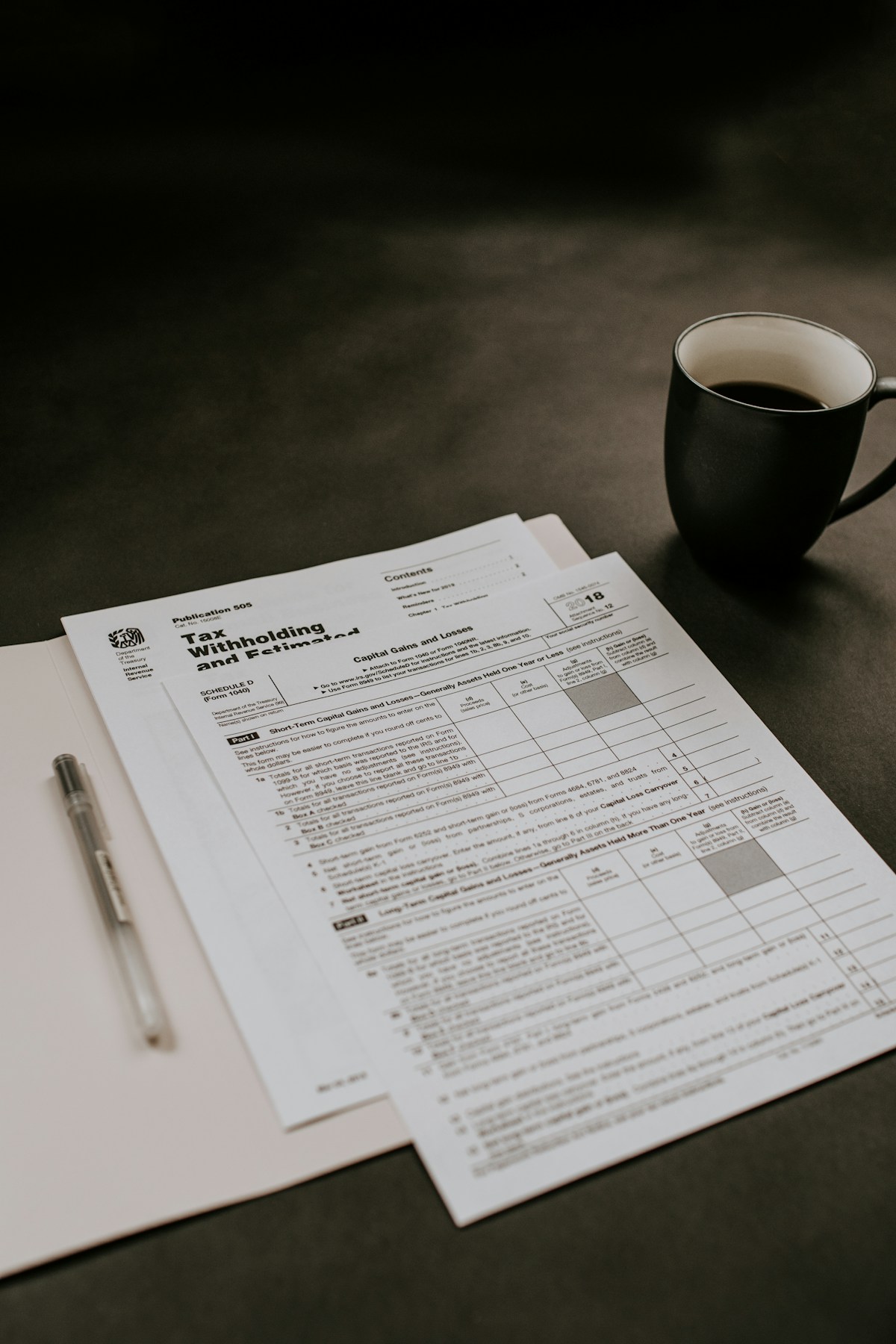Working in offshore environments like oil rigs, shipping vessels, and marine platforms comes with significant risks. When accidents happen in these challenging settings, the legal aftermath can be equally complex. Offshore accident cases require specialized legal expertise that bridges maritime law, personal injury principles, and industry-specific regulations.
The Critical First Steps Your Lawyer Takes

When you first consult with an offshore accident lawyer, they begin a meticulous case preparation process that can make or break your claim. The initial steps are often the most crucial:
Immediate Evidence Preservation
"The moment a client contacts us after an offshore accident, we're working against the clock," explains maritime attorney Sarah Martinez, who has represented offshore workers for over 15 years. "Physical evidence from offshore accidents can disappear quickly—equipment gets repaired, witness memories fade, and companies immediately begin their own investigations."
Top offshore lawyers immediately issue preservation letters to all relevant parties, demanding they maintain:
- Equipment involved in the accident
- Maintenance and inspection records
- Training documentation
- Surveillance footage
- Internal accident reports
- Communication logs
"Without these critical preservation steps, companies may inadvertently or deliberately destroy crucial evidence," Martinez adds. "We've had cases where video showing safety violations mysteriously disappeared within days of an incident."
Jurisdiction and Law Determination
One of the most complex aspects of offshore accident cases is determining which laws apply. Your lawyer must analyze:
- Where the accident occurred - Territorial waters, high seas, or the Outer Continental Shelf
- The type of vessel or structure involved - Fixed platform, mobile offshore drilling unit, or vessel
- Your worker classification - Seaman, longshoreman, or other worker type
"This jurisdictional analysis isn't just academic—it fundamentally shapes how we build your case," explains offshore injury attorney James Kelley. "For example, if you qualify as a Jones Act seaman, you may be entitled to maintenance and cure benefits immediately, regardless of fault, plus additional compensation if negligence or unseaworthiness can be proven."
Depending on your situation, your case might fall under:
- The Jones Act
- The Longshore and Harbor Workers' Compensation Act (LHWCA)
- The Outer Continental Shelf Lands Act (OCSLA)
- General Maritime Law
- State workers' compensation laws
The Investigation Phase: Building Your Case Foundation
After addressing immediate evidence preservation and determining applicable laws, your offshore accident lawyer launches a comprehensive investigation.
Witness Identification and Interviews
"Offshore operations involve numerous personnel from different companies working in close proximity," notes veteran maritime investigator Carlos Rivera, who frequently works with top offshore injury firms. "Identifying who saw what—and who might have information about prior safety concerns—requires a deep understanding of offshore operations."
Your lawyer will typically:
- Identify all potential witnesses, including crew members, supervisors, and third-party contractors
- Conduct detailed interviews focused on both the accident details and any relevant history of safety issues
- Document statements while memories are fresh
- Analyze conflicting accounts to determine what really happened
Expert Engagement
Offshore accident cases often hinge on expert testimony. Your lawyer typically brings in multiple specialists:
- Maritime safety experts who can testify about industry standards and safety protocols
- Engineering specialists to analyze equipment failures
- Medical experts who understand the unique challenges of treating injuries sustained offshore
- Occupational specialists who can assess long-term disability and vocational impacts
- Economic analysts to calculate lifetime earning losses
"Expert analysis often reveals critical safety violations that weren't immediately obvious," says petroleum engineer Marcus Williams, who frequently serves as an expert witness in offshore cases. "In one recent case, what initially appeared to be worker error turned out to be improper maintenance of critical safety equipment that had been documented but ignored for months."
Corporate Research and Discovery
Your lawyer will conduct extensive research into the companies involved, looking for:
- Previous safety violations or accidents
- Corporate structure and relationships (crucial for determining liability)
- Internal safety policies and compliance history
- Safety culture and practices
"The discovery process in offshore cases is particularly complex because operations often involve multiple companies with intricate contractual relationships," explains maritime attorney Elena Vasquez. "We need to untangle who was responsible for what aspect of safety and operations. Sometimes the company that writes your paycheck isn't actually the one most responsible for your injuries."
Medical Monitoring and Documentation
While investigating the accident causes, your lawyer simultaneously focuses on documenting your medical condition and prognosis.
Comprehensive Medical Assessment
"Offshore injuries often present unique challenges," explains Dr. Robert Chen, who specializes in treating maritime workers. "The delay in reaching sophisticated medical facilities, combined with the physical demands of offshore work, can exacerbate injuries in ways not seen in typical workplace accidents."
Your lawyer works to ensure you receive:
- Comprehensive evaluation by appropriate specialists
- Proper documentation of all injuries, including those that may manifest later
- Assessment of long-term prognosis and future medical needs
- Evaluation of your ability to return to offshore work
"I've seen countless cases where companies try to rush workers back to limited duty before they're medically ready," notes Martinez. "Part of our job is protecting clients from pressure to minimize their injuries."
Life Impact Documentation
Beyond medical records, your lawyer documents how your injuries affect your daily life:
- Physical limitations and pain
- Psychological impacts, including potential PTSD
- Effect on personal relationships
- Lost career opportunities and advancement
- Impact on long-term financial stability
"Offshore workers often define themselves by their work capacity," Vasquez observes. "When that's diminished, the psychological impact can be devastating. We document not just what you can no longer do professionally, but how your life has fundamentally changed."
Building the Liability Case
After gathering evidence, your offshore accident lawyer constructs the liability argument—essential for securing full compensation beyond basic benefits.
Establishing Negligence
Under laws like the Jones Act, the negligence standard is more favorable to injured workers than in typical personal injury cases. Your lawyer needs to establish:
- What duties were owed to you regarding safety
- How those duties were breached
- The connection between those breaches and your injuries
"The Jones Act applies a 'featherweight' causation standard," explains maritime attorney Jonathan Phillips. "If an employer's negligence played any part—no matter how small—in causing your injuries, you can recover damages. This is much more favorable than the 'proximate cause' standard in ordinary negligence cases."
Unseaworthiness Claims
For seamen, your lawyer may also pursue unseaworthiness claims, which don't require proving negligence but rather that some aspect of the vessel wasn't reasonably fit for its intended purpose.
"Unseaworthiness sounds like it means a ship about to sink, but legally it encompasses much more," notes Phillips. "Inadequate crew training, improper equipment, or even an unsafe work method can render a vessel legally unseaworthy, even if it's otherwise in excellent condition."
Third-Party Claims
Offshore operations typically involve multiple companies. Your lawyer will identify all potentially liable parties beyond your employer, including:
- Equipment manufacturers
- Maintenance contractors
- Vessel owners (if different from your employer)
- Other contractors operating in the same area
"These third-party claims are critical because they're not subject to the same limitations as claims against your employer might be under certain maritime laws," explains Vasquez. "We often find that equipment manufacturers or maintenance companies bear significant responsibility for offshore accidents."
Damages Calculation: Ensuring Full Compensation
Determining fair compensation for offshore injuries requires specialized knowledge of maritime law and offshore career paths.
Economic Damages
Your lawyer works with economic experts to calculate:
- Lost wages, including overtime and benefits
- Lost future earning capacity, accounting for typical career progression in offshore industries
- Current and future medical expenses
- Rehabilitation costs
- Retraining expenses if you cannot return to offshore work
"Offshore workers often earn substantially more than land-based counterparts in similar trades," notes economic analyst Patricia Hammond. "Accurately calculating lost earnings requires understanding the unique pay structures, advancement opportunities, and work schedules in offshore industries."
Non-Economic Damages
Your lawyer also builds the case for compensation for less tangible but equally important damages:
- Physical pain and suffering
- Mental anguish
- Loss of enjoyment of life
- Disfigurement
- Loss of consortium (impact on marriage and family relationships)
"These non-economic damages often represent the most significant aspect of offshore injury cases," Martinez explains. "When someone's identity and livelihood have centered around physically demanding offshore work, the psychological impact of debilitating injuries can be profound."
Negotiation and Litigation Strategy
With the investigation complete and damages calculated, your lawyer develops a strategic approach to securing fair compensation.
Settlement Evaluation
Your lawyer analyzes potential settlement values by considering:
- The strength of liability evidence
- The clarity of the connection between the incident and your injuries
- The calculated value of your damages
- Comparable settlements and verdicts in similar cases
- The financial resources of the responsible parties
"We prepare every case as if it's going to trial, even though most ultimately settle," Phillips says. "This thorough preparation gives us leverage in negotiations and ensures we're ready if litigation becomes necessary."
Litigation Preparation
If a fair settlement isn't forthcoming, your lawyer prepares for trial by:
- Filing in the optimal jurisdiction
- Developing compelling demonstrative evidence
- Preparing witnesses for testimony
- Anticipating and countering defense strategies
- Crafting arguments that simplify complex maritime regulations for judges and juries
"Maritime law contains numerous technical provisions that can significantly impact recovery," explains Vasquez. "Part of our job is translating these complex legal concepts into clear, compelling arguments that judges and juries can understand."
Client Advocacy Beyond the Courtroom
Throughout case preparation, your offshore accident lawyer should also:
- Ensure you receive appropriate maintenance and cure benefits if you qualify
- Protect you from pressure to accept inadequate settlement offers
- Shield you from direct contact with insurance adjusters and company representatives
- Connect you with appropriate medical and vocational resources
- Provide guidance on financial management during your recovery period
"Case preparation involves both building the strongest possible legal claim and supporting the client through what is often the most difficult period of their life," Martinez emphasizes. "The best offshore accident lawyers recognize that these responsibilities go hand in hand."
The Path Forward After an Offshore Injury
If you've suffered an offshore accident, selecting an attorney with specific maritime experience is crucial. Your lawyer's case preparation will directly impact both your immediate well-being and long-term financial security.
The most effective offshore injury lawyers combine technical knowledge of maritime law with practical understanding of offshore operations and genuine compassion for injured workers. This combination ensures your case receives the thorough preparation necessary to secure fair compensation for your injuries, losses, and future needs.
While no amount of compensation can fully restore what's been lost after a serious offshore accident, proper case preparation by an experienced maritime attorney maximizes your chances of obtaining the resources needed to rebuild your life and secure your family's future.






